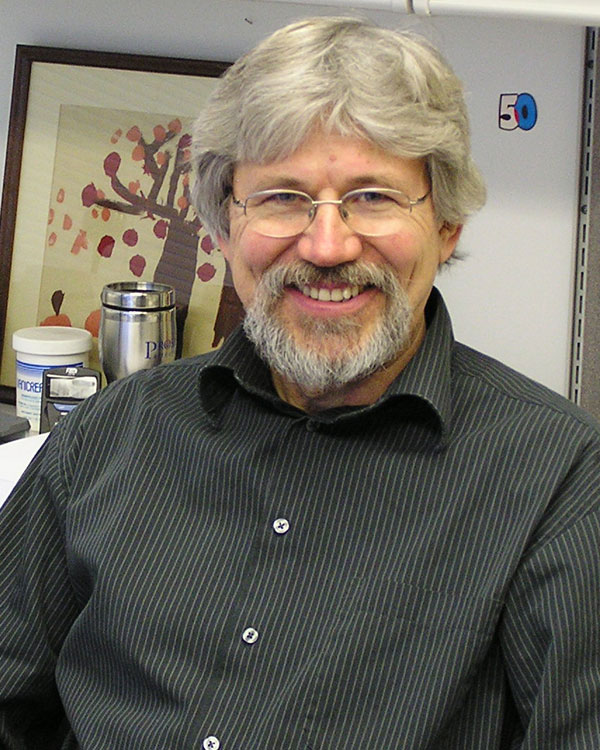2016 Interdisciplinary Translational Science Retreat
Enhancing Lives through Interdisciplinary Translational Science:
An Opportunity for the Social-Behavioral-Educational Fields
September 19, 2016
Presenter Bios

Diana H. Fishbein
Diana H. Fishbein is the C. Eugene Bennett Chair of the Prevention Research Center at Penn State University, and she directs the Center’s Program for Translational Research on Adversity and Neurodevelopment. Her adjunct professor roles include positions at Johns Hopkins University and the University of Maryland School of Medicine, and she is a faculty subcontractor at Georgetown University and a guest researcher at the National Institute on Drug Abuse Intramural Research Program. Fishbein’s studies utilize transdisciplinary methods and a developmental approach to understand interactions between neurobiological processes and environmental factors. The ultimate goal is to translate scientific findings to practice and policies designed to prevent mental health, emotional and behavioral problems. Her research supports the premise that underlying neurobiological mechanisms interact with the quality of our psychosocial experiences and environmental contexts to alter trajectories either toward or away from risk behaviors. Given the inherent translational nature of this research, she co-founded the National Prevention Science Coalition to Improve Lives (NPSC), a national organization dedicated to the transfer of knowledge from the basic to the applied sciences as well as practical settings and public health policies. Fishbein has published about 100 papers and several books.

Elaine Wethington
Elaine Wethington is a sociologist, jointly appointed in the Departments of Human Development and of Sociology at Cornell University. She received her PhD at the University of Michigan, Ann Arbor. Wethington is well known for her research on stress and social support across the adult life span. Since 2003, she has been the Co-Director and Director of the Pilot Study Core of the Cornell Edward R. Roybal Center for Translation of Behavioral and Social Sciences in Aging, funded by the National Institute on Aging. She is also an Associate Director of the Bronfenbrenner Center for Translational Research at Cornell. In recent years, she was Co-Principal Investigator for the Cornell Center for Behavioral Interventions to Prevent Obesity, an interdisciplinary collaboration spanning medicine, nutrition, sociology, and social psychology that developed interventions to prevent obesity. Her most recent book is Research for the Public Good: Applying the Methods of Translational Research to Improve Human Health and Well-Being (Washington, DC: American Psychological Association, 2012). Her recent papers have applied analysis of social networks and social support to weight loss, body image, managing household food tasks in young families, and breastfeeding. She is also the current editor of Society and Mental Health.

Richard Spoth
Richard Spoth is the F. Wendell Miller Senior Prevention Scientist and the Director of the Partnerships in Prevention Science Institute at Iowa State University. He provides oversight for an interrelated set of projects addressing a range of research questions on prevention program engagement, program effectiveness, culturally competent programming, and dissemination of evidence-based programs through community-university partnerships. Among his NIH-funded projects, he received a MERIT Award from the National Institute on Drug Abuse for a large-scale study evaluating combined family- and school-based interventions. He has served on numerous federally sponsored expert and technical review panels addressing issues in prevention research and research-practice integration. He has been invited to testify before and brief Congress, to present to the Advisory Group for the White House’s National Prevention Council, and to represent the prevention field on panels sponsored by the United Nations Office on Drugs and Crime. With this work, he received the Prevention Science Award from the Society for Prevention Research for outstanding contributions to advancing the field of prevention science, as well as the Service to the Society for Prevention Research Award, for leadership on the task force on Type 2 translation research, and the Presidential Award for lifetime scientific achievement.